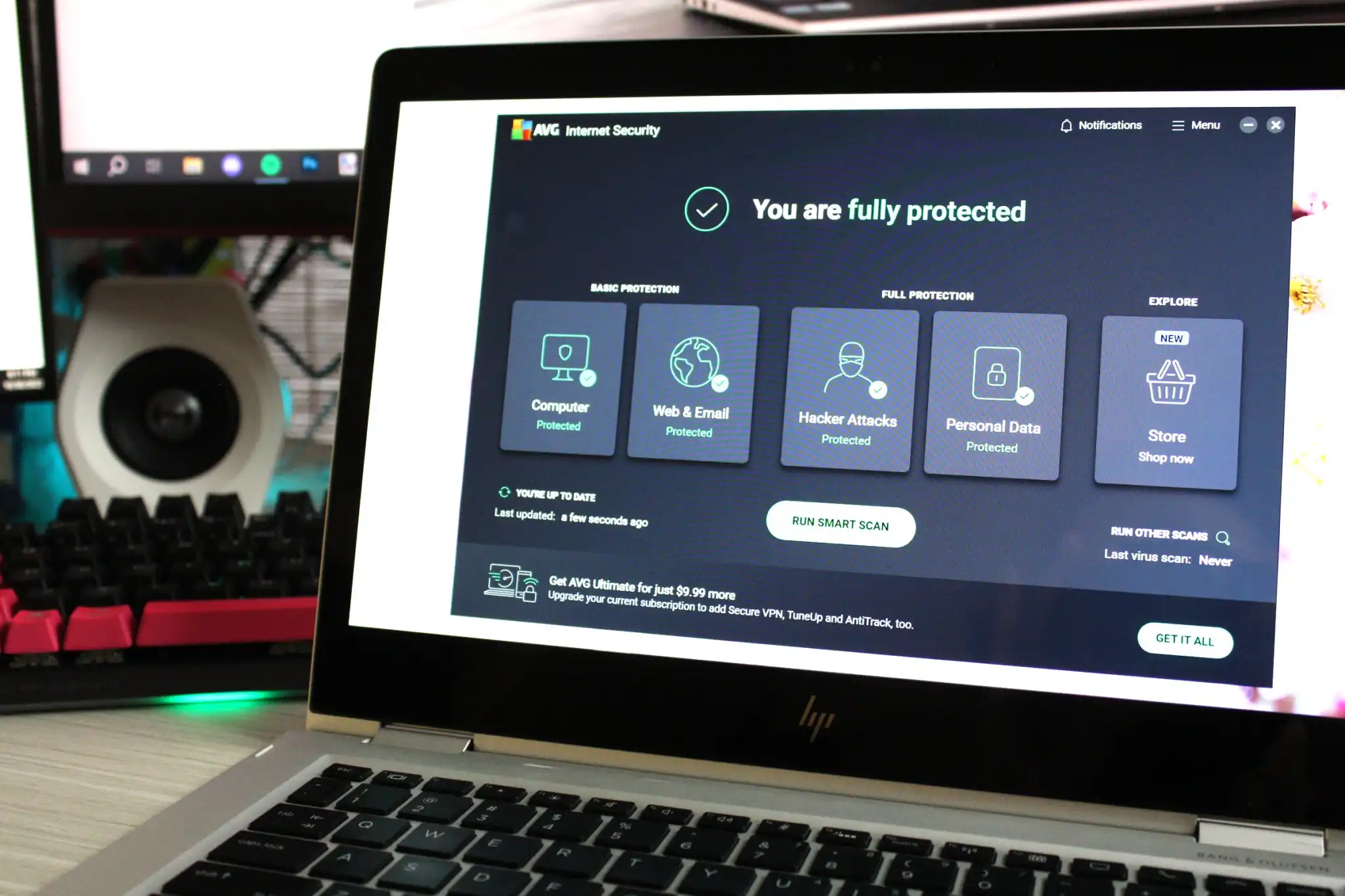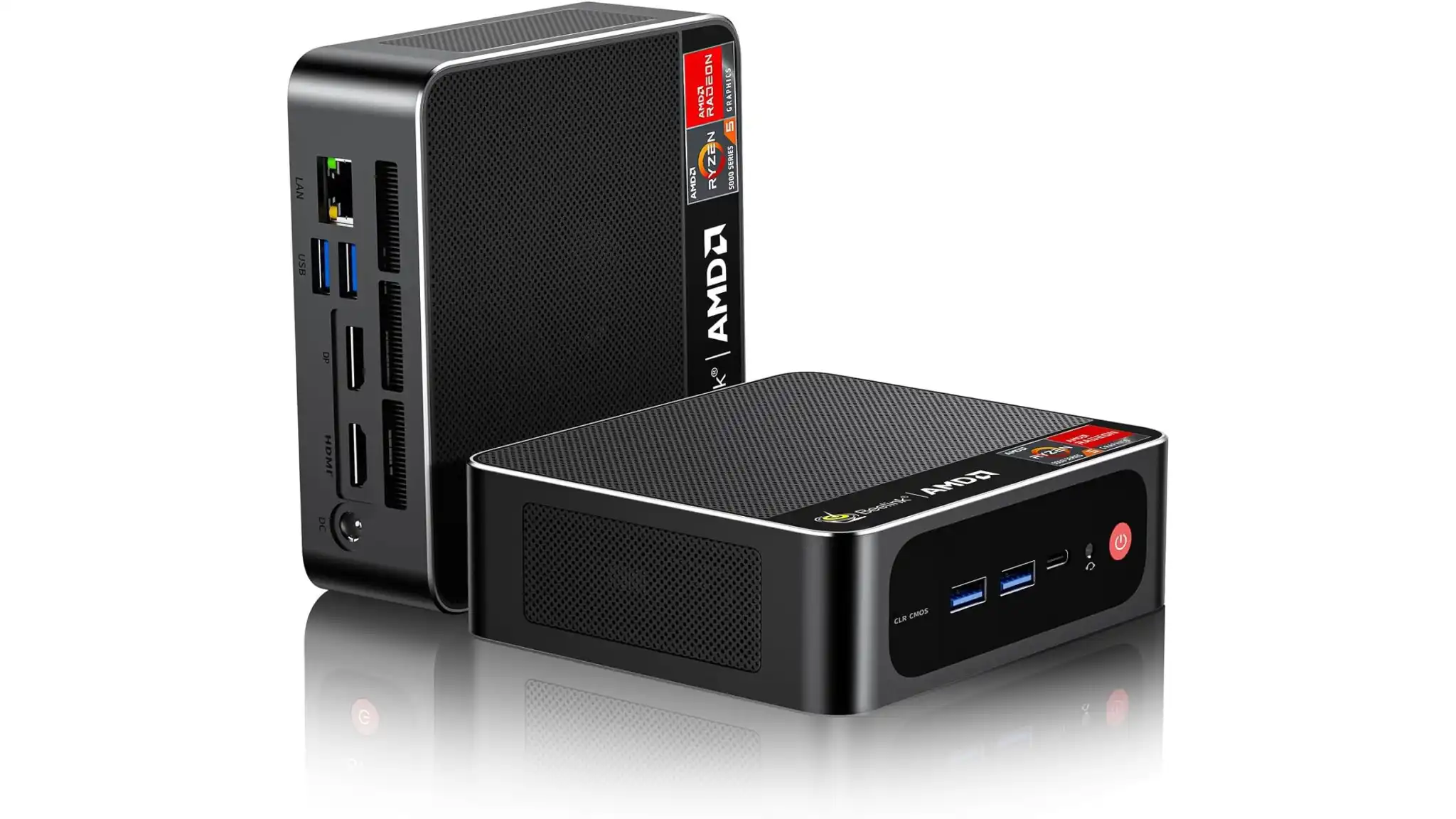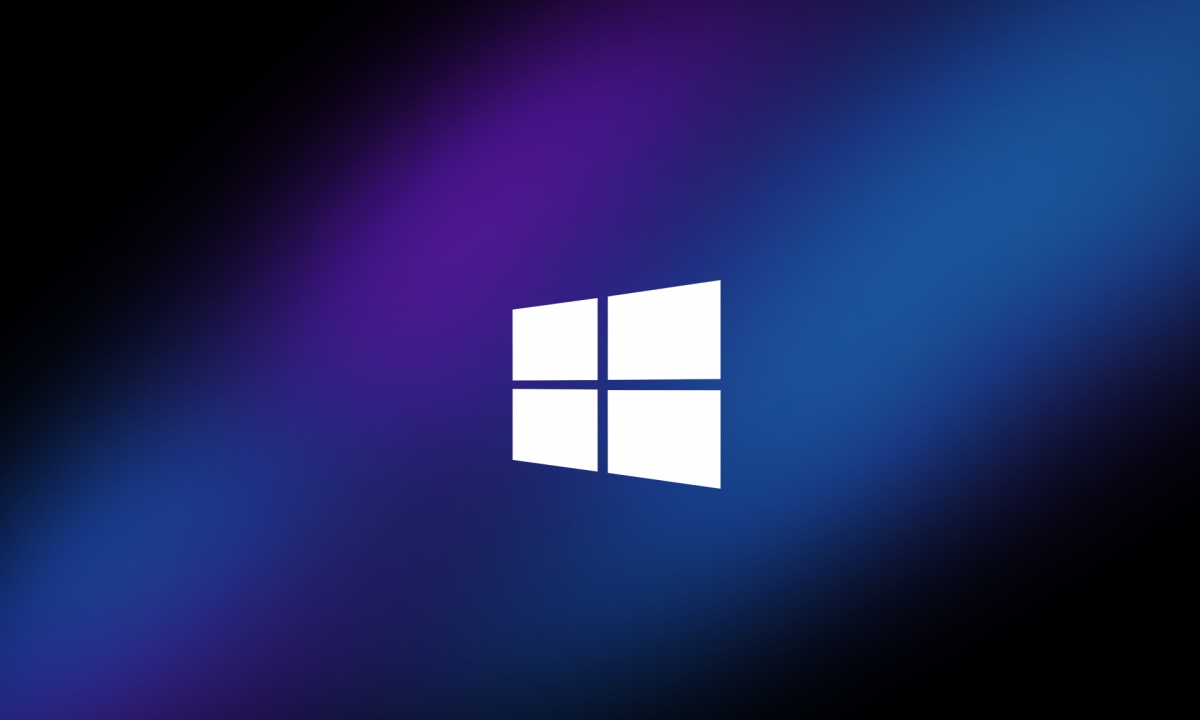Keep your computers safe with the right settings — and the right attitude.
The more we live our lives digitally, the more important it is to keep our computers and other devices safe from data loss, fraud, and spying.
Although most people today use phones more than computers, it is computers that need the most attention. Both Windows and Mac OS are more capable operating systems than Android and iOS, but because more can be done on a computer, the potential for problems is also greater.




